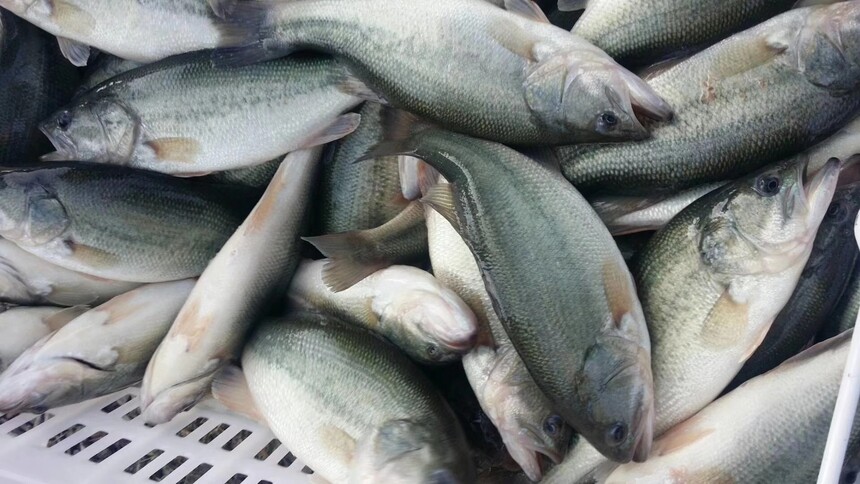|
How to safely spend rainy and cloudy seasons in aquacultureRecently, cities along the Yangtze River have been in a state of overcast and rainy weather, especially during the plum rain season in June and July each year. This situation is particularly prominent. What impact will the continuous absence of sunlight for many days have on aquaculture? How can we safely survive in a rainy and cloudy environment through scientific breeding management? Summarized the following four points. 1. Adjust feed feeding Under prolonged cloudy and rainy conditions, the dissolved oxygen content in the water is low, which can lead to a decrease in fish feeding. Therefore, we need to appropriately reduce the amount of feed fed to avoid the excessive production of residual bait that further affects the dissolved oxygen in the water. Properly control the feeding amount and increase the feeding rate when the weather improves and the water quality is fresh. At the same time, this cloudy and rainy weather can easily lead to moldy feed. At this time, we should pay more attention to avoiding feeding moldy feed to the fish. At the same time, we should mix refined feed and green feed appropriately, observe the feeding situation of the fish in small quantities multiple times, and adjust the feeding plan in a timely manner. 2. Regularly regulate water quality As the temperature gradually warms up, fish feeding is also gradually increasing, and the content of residual bait and feces in the water body is also gradually increasing, which is easy to cause water quality to deteriorate. Therefore, it is critical to adjust the water quality in advance. The cooperation between cloudy and rainy days is poor. It is necessary to frequently turn on the oxygen generator and strengthen observation. If there is a floating head situation, timely use medication to increase oxygen, and use microbial preparations that can improve the water environment and dissolved oxygen to assist in adjusting water quality.
3. Prevention and control of fish disease outbreaks On consecutive rainy and cloudy days, many aquaculture ponds are prone to fish diseases. The rapid reproduction and diffusion of various bacteria in water bodies can easily lead to the frequent occurrence of various diseases. In this case, it is necessary to use sterilized animal protection products to disinfection and sterilization the water body and reduce the water PH, which can be used to prevent the outbreak of fish disease. 4. Strengthen aquaculture management Firstly, it is necessary to regularly patrol the pond, identify problems as soon as possible, and promptly handle them; Secondly, it is necessary to control the breeding density, otherwise it is easy to induce fish hypoxia and lead to death; Thirdly, do a good job in feed management. In rainy and cloudy days, feed is prone to mold, which can seriously affect the health of fish schools; Fourthly, it is necessary to reduce the factors that may lead to stress, such as reducing the number of times you pull the net, avoiding various disturbances, and avoiding a series of hazards caused by stress reactions. |








